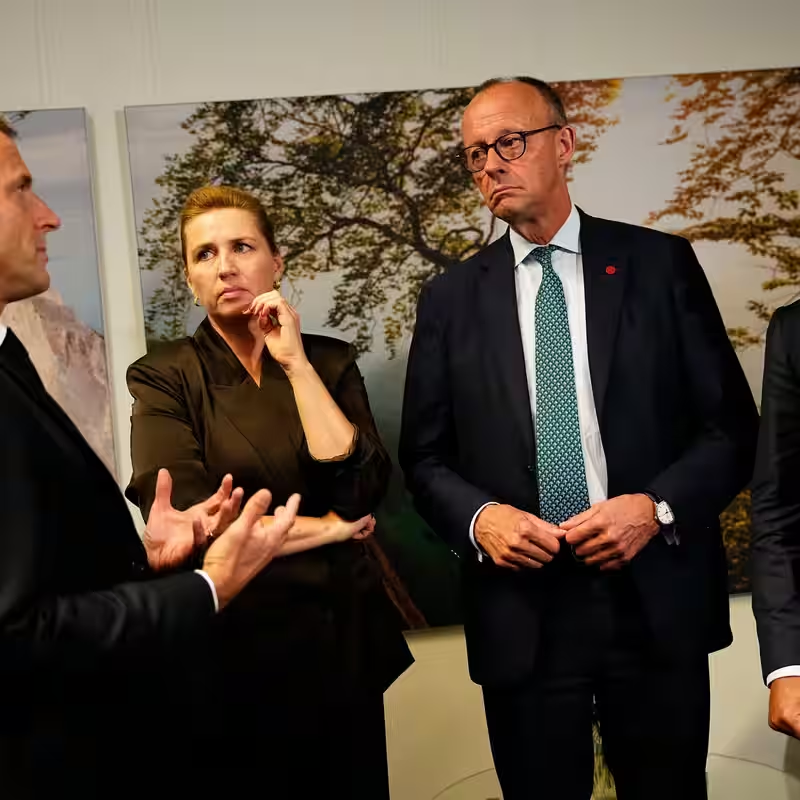Macron’s political paralysis is no longer just a domestic headache—it’s becoming a full-blown crisis for Europe’s strategic future. As President Emmanuel Macron struggles to appoint his sixth government in less than two years, France’s ability to shape continental policy on defense, energy, and Russia is rapidly fading.
Table of Contents
- Budget Blockade Cripples Diplomatic Credibility
- A Parliament in Pieces
- What This Means for Europe
- Can Macron Salvage His Legacy?
Budget Blockade Cripples Diplomatic Credibility
Despite his polished appearances at international summits and bold rhetoric on European sovereignty, Macron’s domestic reality tells a different story. With no functioning government able to pass a national budget, promises of increased military spending or energy investments ring hollow—even to France’s closest allies.
“Domestic instability undermines credibility—even if foreign-policy competence lies with the president,” said Daniela Schwarzer, an expert in Franco-German relations at the Bertelsmann Foundation. “Because as soon as it’s about money, it depends on Parliament.”
And money is precisely what Europe needs right now. With Russia escalating attacks on Ukraine’s energy grid and NATO pushing for stronger defense commitments, France’s inability to commit funds weakens the entire alliance’s posture.
A Parliament in Pieces
The root of the crisis lies in France’s fractured National Assembly. After the 2024 snap elections, no single bloc secured a majority. Macron’s centrist coalition holds the largest share but lacks the numbers to govern alone. To the left, the New Popular Front demands sweeping social reforms. To the right, Marine Le Pen’s National Rally pushes nationalist, anti-EU policies.
Macron has cycled through five prime ministers since early 2024, each failing to build a coalition capable of passing even basic fiscal legislation. His latest attempt—expected to culminate in a new appointment on October 11, 2025—faces the same structural roadblocks.
What This Means for Europe
France has long positioned itself as Europe’s strategic engine—championing initiatives like EU strategic autonomy, defense integration, and green industrial policy. But without a stable government, Paris can’t follow through.
Germany, already burdened by its own economic slowdown, now finds itself carrying more diplomatic weight. Meanwhile, Eastern European nations are turning to the U.S. for security guarantees, bypassing Paris altogether.
“Without a government and a budget, it’s hard to convince others or share the burden,” Schwarzer added—a sentiment echoed in Brussels corridors.
Can Macron Salvage His Legacy?
Macron still has two years left in his presidential term, but time is running out. If he fails to stabilize governance soon, his vision of a “sovereign Europe” may become a footnote in history rather than a guiding doctrine.
Observers note that Macron’s personal unpopularity—hovering below 30% in recent polls—further limits his room to maneuver. Yet he remains the only European leader consistently articulating a long-term geopolitical strategy.
The irony is stark: the man who once dreamed of leading Europe now can’t even lead his own parliament.




